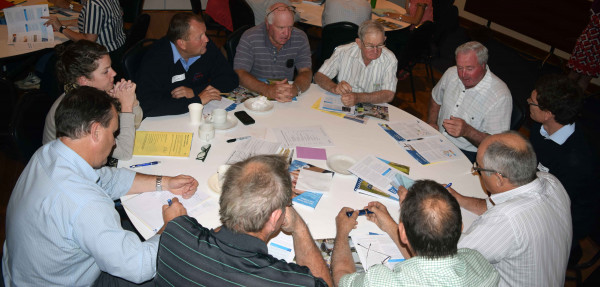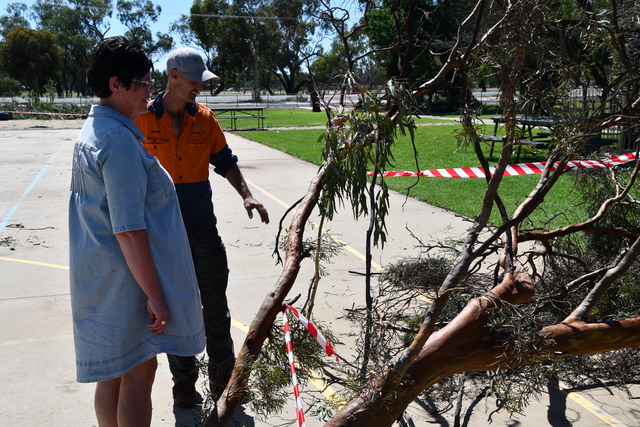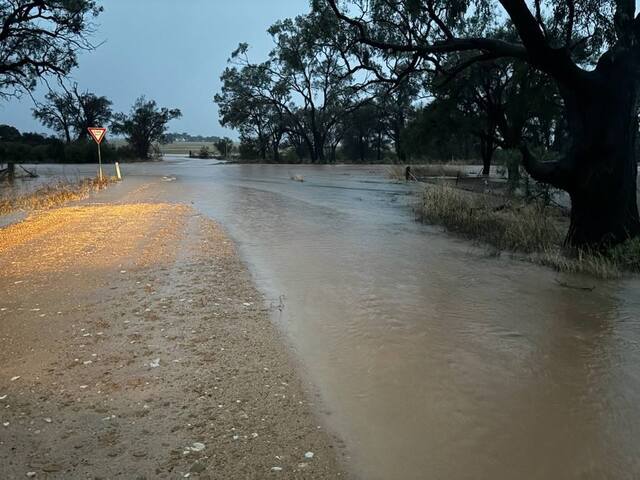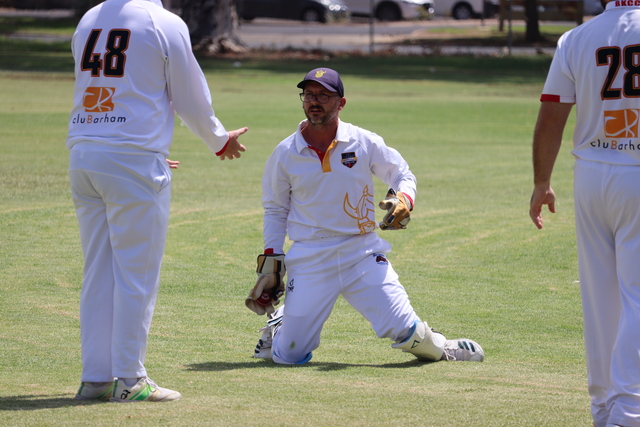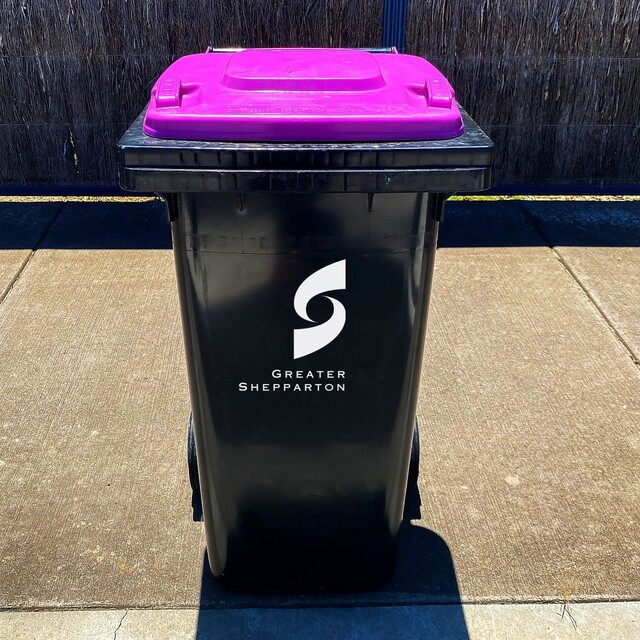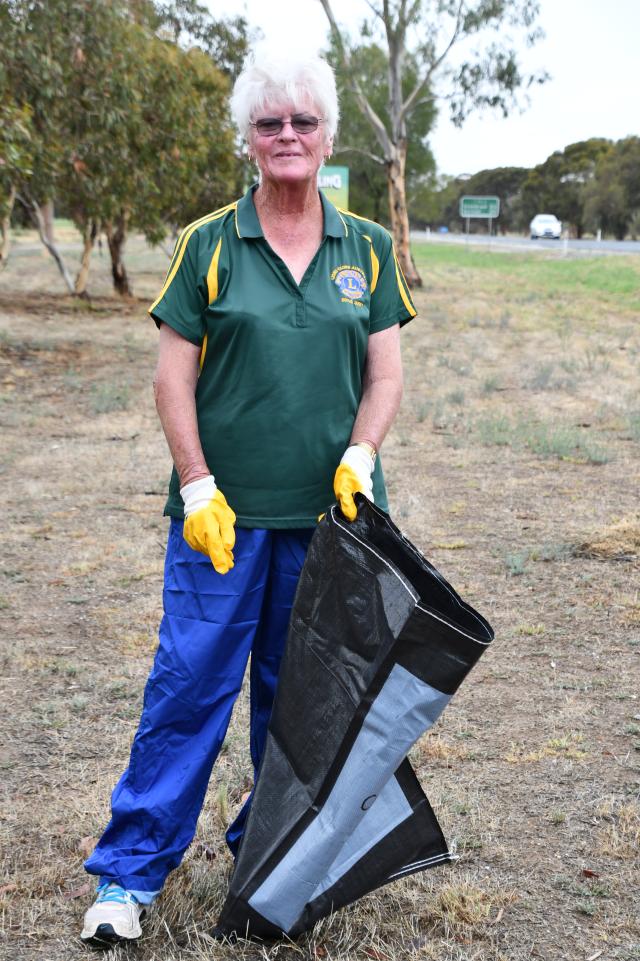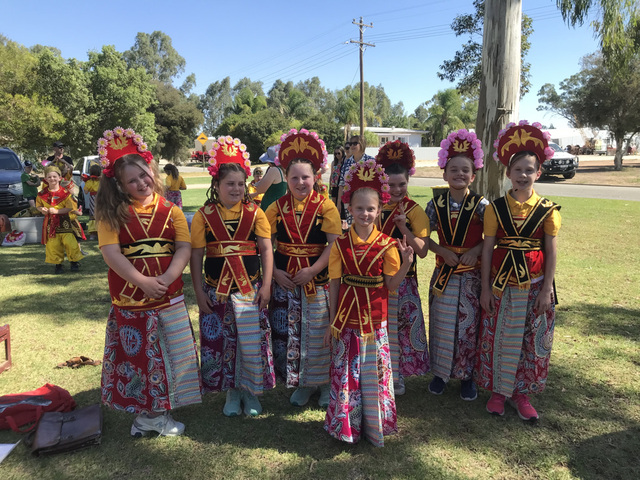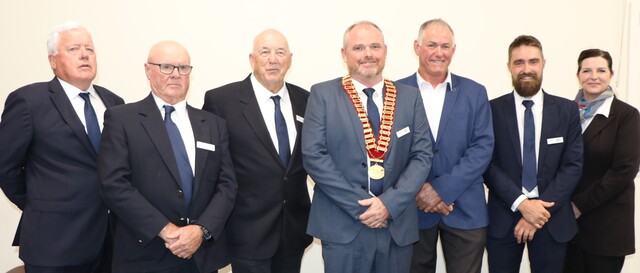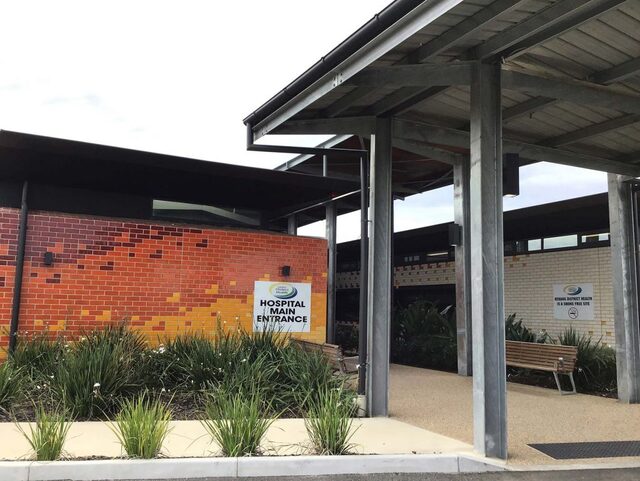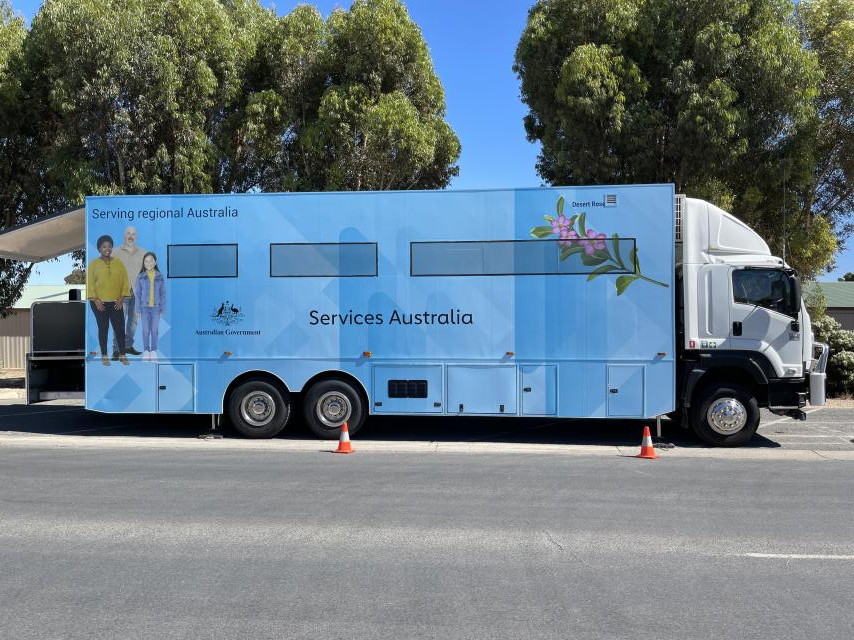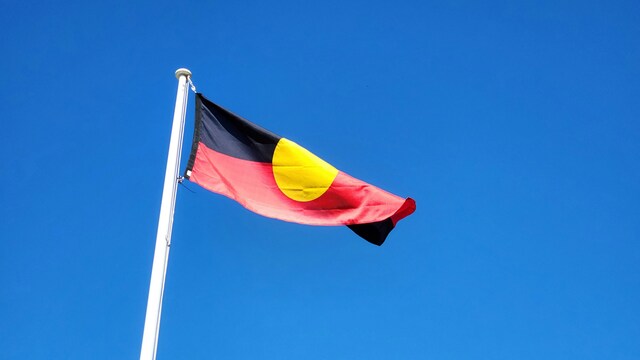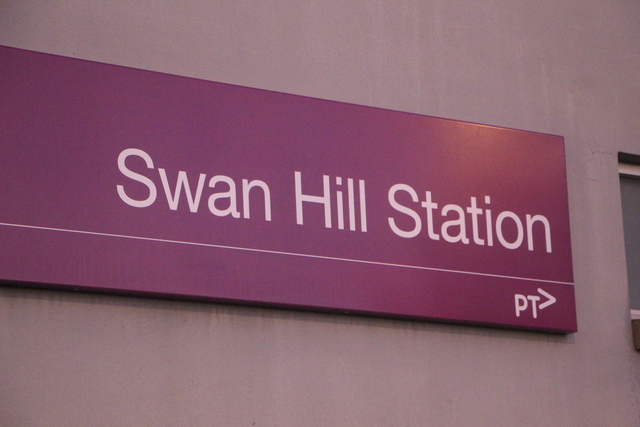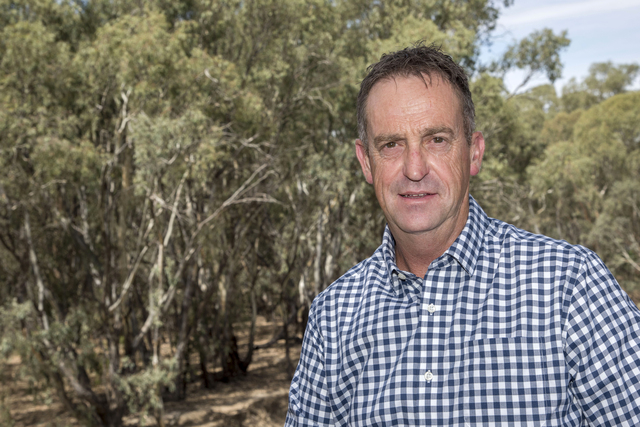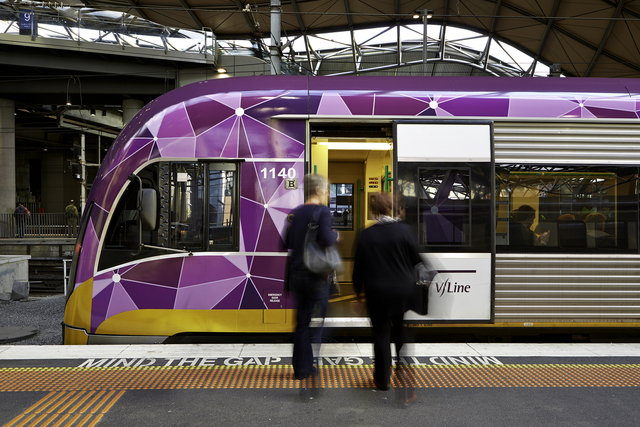
SCEPTICISM, fears and concerns were freely aired when the latest round of debates around water policy was held at Kerang.
A community forum last week was directed at the State Government’s Water for Victoria discussion paper.
The paper is the basis of the Victorian water plan, which will guide water management in the State in decades to come.
The discussion paper is broken into nine chapters, including: Responding to climate change; waterway and catchment health; water for agriculture; resilient and liveable cities and towns; recognising and managing Aboriginal values; recognising recreational values; water entitlement and planning frameworks; realising the potential of the grid and markets; and jobs, economy and innovation.
More than 30 people gathered at the forum hosted by the Department of Environment, Land, Water and Planning to discuss the paper and provide feedback to department staff.
“The plan is about what we need to do to build on our strong water foundations and plan for the future,” the department’s executive director of water resources, Sharon Davis said.
“It is about capturing big-picture issues and setting the framework for decision-making at a local level.”
Many in attendance were critical of a perceived prioritisation of the environment over agriculture and social values in managing water.
“We need to monitor the social and agricultural impacts of water moving out of irrigation areas,” one person said.
“We don’t want more than our fair share, but we want our fair share.”
Another commented that the use of water for the environment needed to be more accountable.
“Agriculture is expected to use water efficiently, is the same expected of the environment?” they asked.
Victoria’s desalination plant was criticised, with an attendee saying it was “ridiculous” to have water flowing out to sea at the Murray mouth while water is being pumped from the sea to be desalinated.
The Connections Project also drew heavy fire, particularly around its management and “inappropriate” implementation.
“A lot of work was done just to make it look like things were being done,” one person said.
There was also a call for more regulation of water brokers and water trading, with a forum attendee saying anyone could set themselves up as a broker without any qualifications or oversight.
“I’m concerned about farmers getting burnt,” he said.
Numerous people spoke out about the need for recreational water, particularly at Lake Meran.
Quambatook was also well represented at the forum, with local residents raising the possibility of creating a weir pool in the dry Avoca River, which passes through the town.
Water prices were discussed at length, with people saying that farmers relying on the temporary water market can’t turn a profit at current prices. They also pointed out an increased reliance on temporary water because of permanent water sacrificed to on-farm efficiency projects.
Finally, there were concerns about the importance of managing the costs of Aboriginal needs when undertaking water infrastructure works.
“There needs to be more scrutiny to ensure Aboriginal concerns are genuine,” one person commented.
Submissions to the discussion paper can be lodged before May 13.
Feedback will be incorporated into the final plan, which will be launched in mid-2016.

